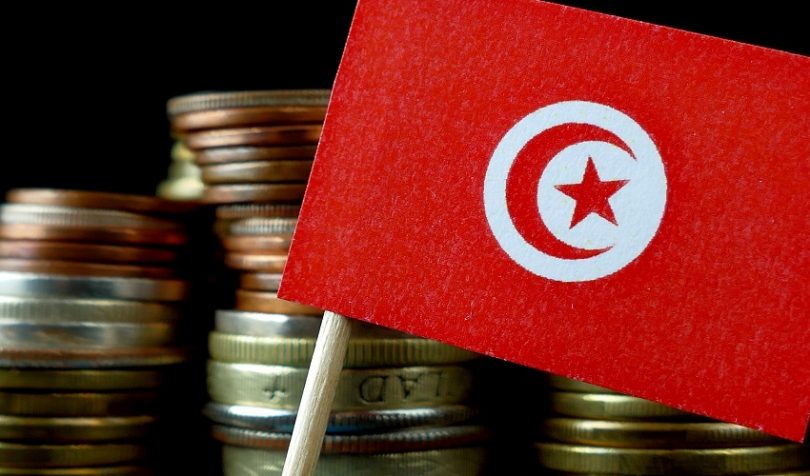The Central Bank of Tunisia (BCT) issued a statement today refuting news about the issue of a Central Bank Digital Currency, even in test form.
Last week we published an article based on a Tass news report that the bank was testing an e-dinar. The piece started: “The ‘E-dinar’ was officially launched in test form at the Forex Club of Tunisia, with a symbolic transfer of one dinar between the head of the central bank, Marouane El Abassi, and a representative of the International Monetary Fund (IMF).”
If one glosses over the words “test” and “symbolic” then a misunderstanding is likely. However, it appears that the use of the term “officially” was not accurate.
In the statement the Central Bank acknowledges that it is exploring a Central Bank Digital Currency but that it is currently only under consideration.
The bank states that the symbolic transfer was in fact not part of its official program.
The Central Bank statement continues: “Indeed, as part of the last event of the FOREX Club Tunisia – independent association vis-à-vis the BCT [Central Bank] – and by way of encouragement to young Tunisian startups, the participants in this event attended a demonstration of technical feasibility of a theoretical solution of a digital currency, initiated by a private startup, having no moral or contractual relationship with the BCT.”
“This test of POC (Proof of concept) was taken out of context becoming a marketing operation where the name of the BCT was improperly used.”
The startup that provided the technology is Universa. It outlined in a surprising amount of detail how the CBDC would be rolled out in Tunisia. In addition to Tass, there was an article on a Russian government website touting the export of Russian technology. We hope to update this article with Universa’s response.
On the date of publication of the original article, Ledger Insights contacted the Central Bank, both by phone and email.
The Tunisian Forex Club also issued a statement: “The Tunisian Forex Club would like to point out that what was projected during its congress held on November 7th, 2019 is a simple theoretical demonstration of a digital currency developed by a Tunisian fintech labelled Start-up Act.”
“Therefore, what has been reported by some press regarding the issuance by the Central Bank of Tunisia of a digital currency at this congress is unfounded. On the occasion of the congress held by the Tunisian Forex Club, there was indeed a debate on the new international developments related to the issuance of a digital currency by central banks.”
“The congress was also marked by the participation of an IMF expert, specialized in the digital field, who developed his point of view on the management of the risks associated with the issuance of this type of currencies.”







